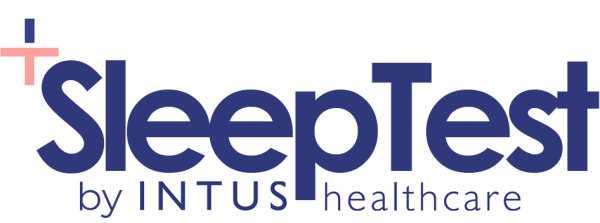The Link Between Depression And Sleep Apnoea
Depression and sleep
Good and bad days are a normal part of human beings’ fundamental psychological processes. Persistent periods of sadness, hopelessness, and anxiety could symbolise that you suffer from depression. Depression is more than just feeling sad or blue – it is a persistent feeling of sadness, hopelessness, and loss of interest in activities that a person previously enjoyed. Depression is a mental health condition that affects a person’s mood, thoughts, and behaviour. It is a common and serious disorder that can impact all areas of a person’s life.
Depression and sleep are closely related. People with depression often experience disrupted sleep, and sleep problems can contribute to the development or exacerbation of depression symptoms.
Depression can hugely impact the sufferers’ everyday lifestyle by coming in between their relationships with friends and family, disrupting how they think and feel. Various factors, including genetics, brain chemistry, environmental factors, and life events, can cause depression. Depression can be managed and controlled, as it is impossible for someone experiencing depressive symptoms to quickly snap out of the glum mood and ignore those feelings.
It’s important to address both depression and sleep problems to improve overall well-being. Treatment for depression, such as therapy or medication, may improve sleep. Additionally, good sleep hygiene practices, such as sticking to a regular sleep schedule and avoiding caffeine and alcohol before bed, can help improve sleep and reduce depression symptoms.
Can Depression Cause Sleep Apnoea?
Depression could contribute to sleeping problems, but sleeping problems can also cause sleeping disorders. It is believed that those with Obstructive Sleep Apnoea (OSA) are five times more likely to suffer from depression. Those that suffer from depression may feel like they want to sleep all of the time and never wake up feeling refreshed and are constantly exhausted; both depression and OSA leave you feeling this way.
Sleep Apnoea is a sleep disorder characterised by pauses in breathing or shallow breaths during sleep. These interruptions can occur multiple times throughout the night, disrupting sleep and leading to various physical and mental health issues.
There are several ways in which Sleep Apnoea can contribute to depression. One of the most common is the disruption of sleep. People with Sleep Apnoea often experience poor sleep quality, leading to daytime fatigue, irritability, and difficulty concentrating. These symptoms can exacerbate feelings of depression and make it more difficult to cope with daily life.
In addition to sleep disruption, Sleep Apnoea can also lead to changes in the brain that contribute to depression. People with Sleep Apnoea are at a higher risk of developing brain damage, affecting mood and cognitive function. Sleep Apnoea can also cause changes in hormone levels, such as a decrease in serotonin, a neurotransmitter that regulates mood.
The good news is that if the underlying OSA issue is diagnosed, then with the correct OSA treatment, depressive symptoms can be dramatically reduced.
Research findings suggest that if those with an underlying sleep condition get tested for OSA, fewer people will be misdiagnosed with depression.
It is, therefore, essential that if you or someone close to you suffers from chronic snoring, breathing pauses during sleep, or excessive daytime sleepiness, and you suffer from depressive symptoms. You ensure that you are getting treated correctly.
Helpful related articles:
Could you have Sleep Apnoea?
If your sleep is constantly interrupted, you could have OSA; here are some signs of the disorder:
Consider taking our free online Sleep Apnoea risk test to assess if you’re at risk of Sleep Apnoea. It takes 20 seconds and could be the first step to getting back the sleep you need and helping your mental health.
If the risk test states you’re at risk of OSA, the fastest way to confirm Sleep Apnoea is by taking a sleep test; the test records one night of your sleep to assess if you have the disorder. Our In-Home Sleep Tests provide you with your result in 7-10 days, making it quicker than the NHS sleep clinic.
Related article: Alternative to a Sleep Clinic
